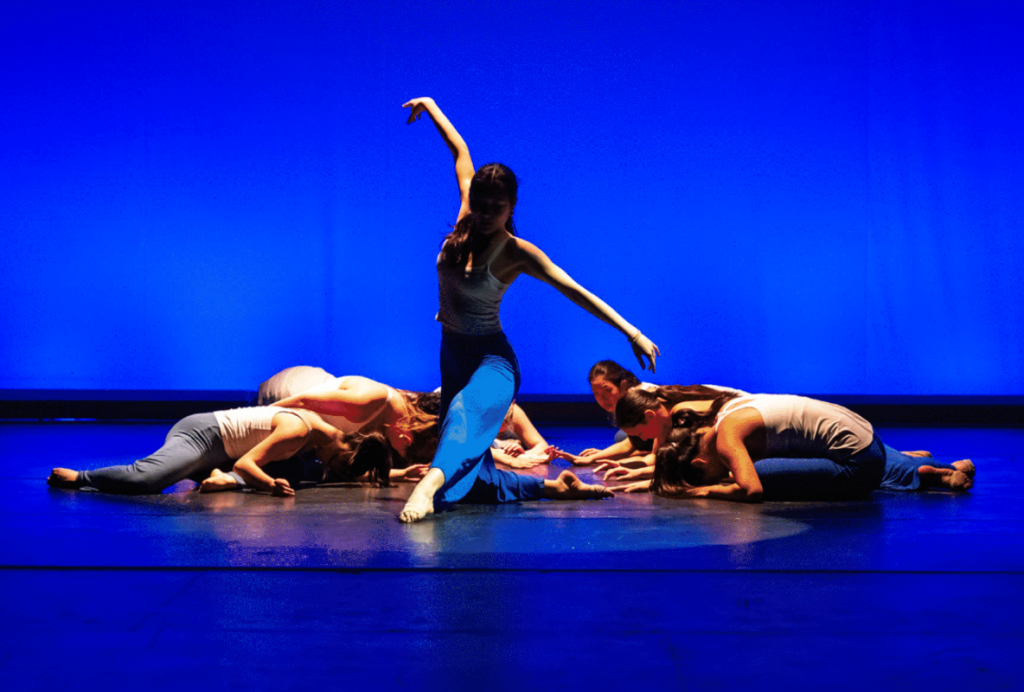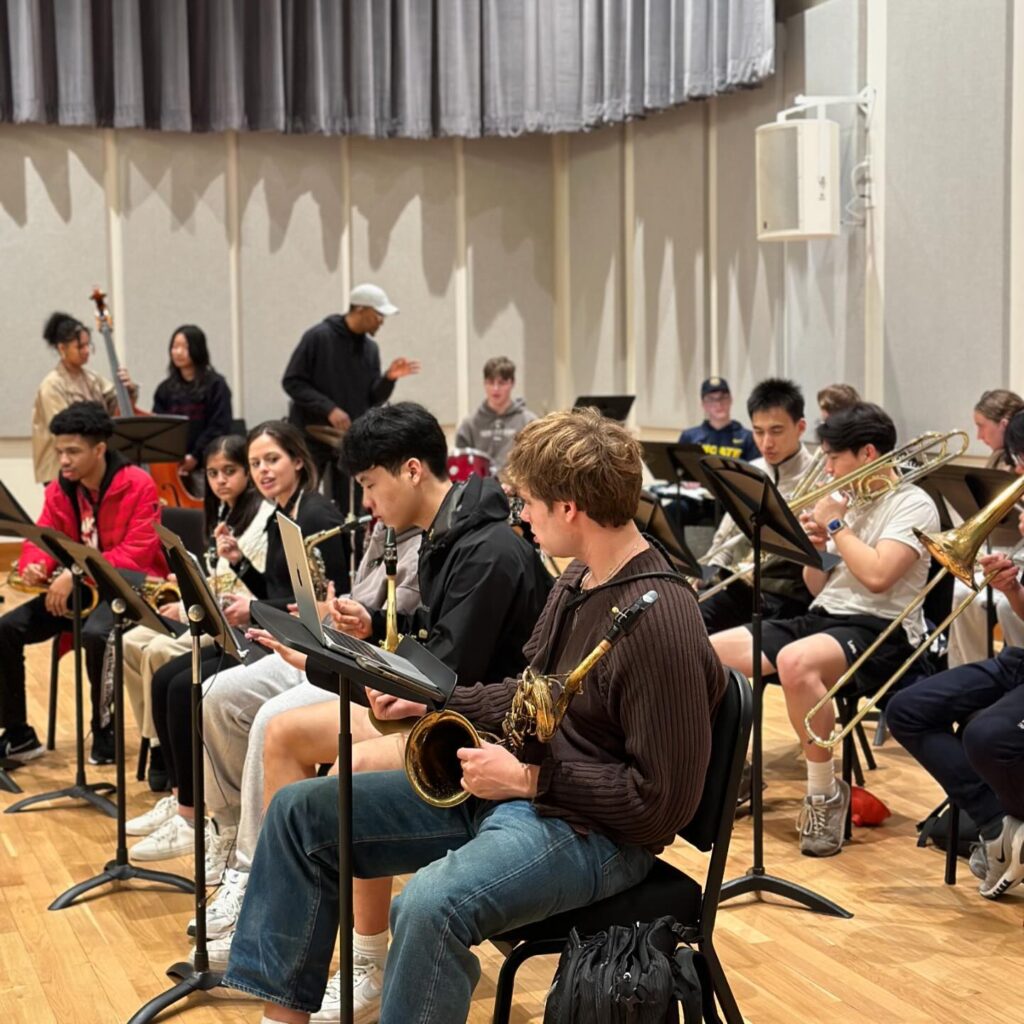This past weekend, Choate students performed an opera called Brundibár with incredible historical significance. Brundibár was originally written and performed by Jews imprisoned in the Theresienstadt (Terezin) concentration camp in Czechoslovakia.
This opera was a powerful act of resistance in the camp; it was and continues to be a symbol of courage and hope. Brundibár is the story of a brother and a sister whose mother is very sick. They go to town to get milk to try to heal her ailment, but they don’t have money for the milk. So, they sang in order to garner money from the people of the town. The organ grinder Brundibár won’t let anyone perform because he wants to play his organ, so he plays so excessively loudly that no one can hear the children.
The children then retreat to the forest for the night, where forest creatures help them come up with a plan to defeat Brundibár. Together, they defeat the organ grinder and get milk for their mother.
This show is full of symbols of the Holocaust and the hardships that Jewish people endured. The children who need milk for their sick mother are a symbol for the Jews and how they needed help to heal their people. For the children to heal their mother they had to overthrow the tyrant Brundibár, just like the Jewish people needed to overthrow Hitler.
The Czechoslovakian concentration camp, Terezin, from which Brundibár originated, happened to be where many of the artist and performers from Eastern Europe were imprisoned. As an act of rebellion, the people of the camp wrote a children’s opera and had the children in the camp perform it. It became wildly popular in the camp and a source of optimism for the people imprisoned there.
When the Red Cross came to inspect concentration camps, they went to Terezin. The Nazi’s made Terezin look like a normal, happy town and forced the children to perform Brundibár. They filmed this performance and sent the copies of it all around the world to show how “great” the concentration camps were. Shortly after this performance most of the children in the opera were sent to Auschwitz and murdered. In the version of the show that was performed last weekend, actors pretended to be filming the performance as if they were the Nazis and the audience was the Red Cross. At the end of Brundibár, the actors of the children performing put on their identification badges and were instructed by the Nazi’s filming it to return to their barracks. They sang one last song as they organized to leave and as they sang, the film of the original performance was shown in the background. This was one of the most powerful moments in the play.
Jessica Lage ’19, who played one of the children, described the moment the film reeled in the background. “It was opening night, and I actually saw the video playing behind me, and I started to cry. I looked at Lucas , who was playing my brother, and I actually felt it, what this actually was, and what actually happened to those kids.”
Brundibár affects people on many levels. The greatest messages of the show are of friendship and resistance in the face of unbelievable tyranny.
Noah Trudeau ’19, an actor in the play, also discussed the importance of friendship, stating “Friendship is an act of resistance.”



